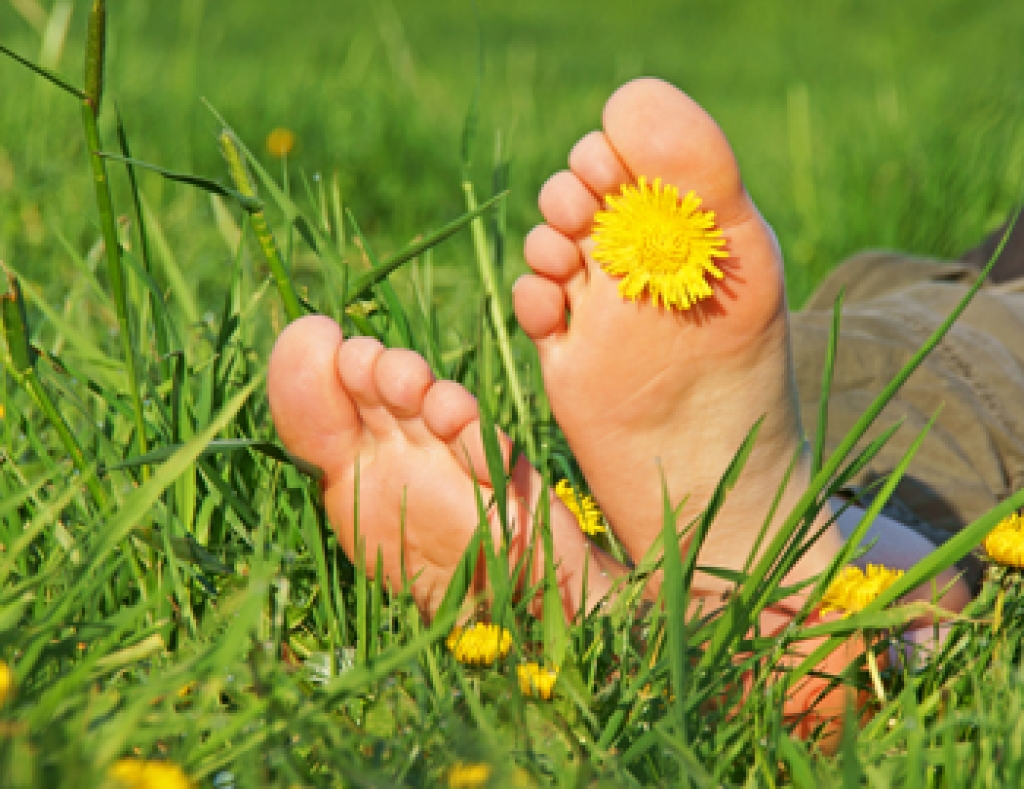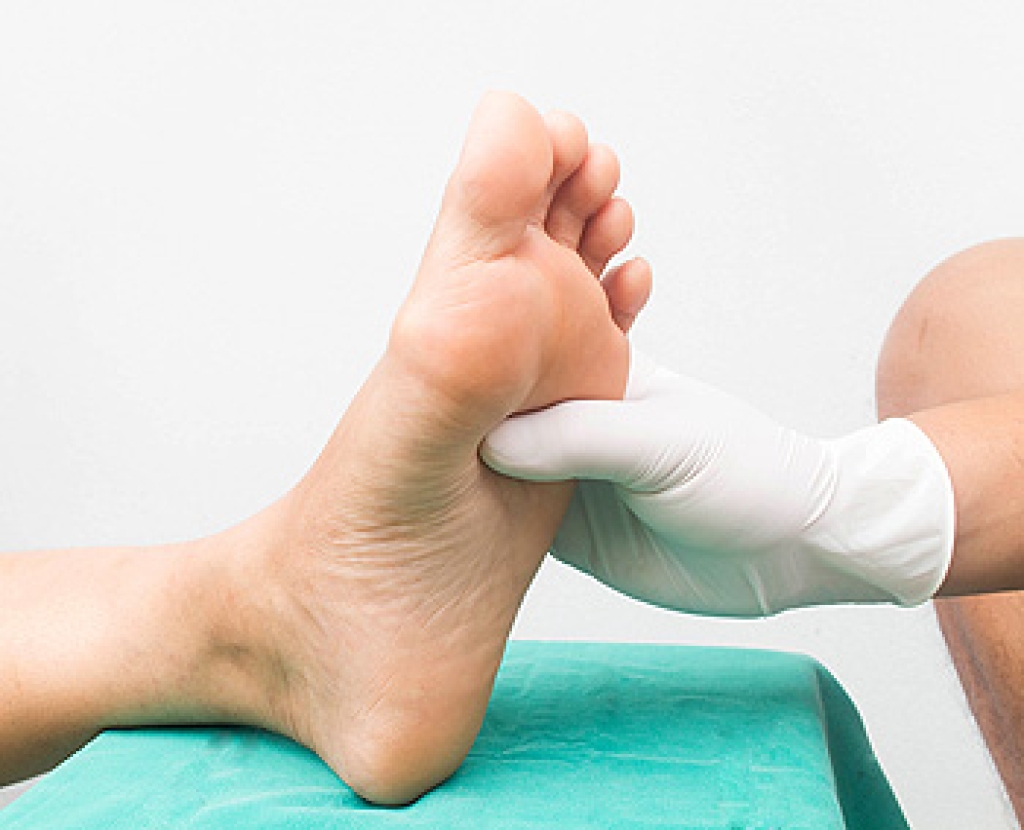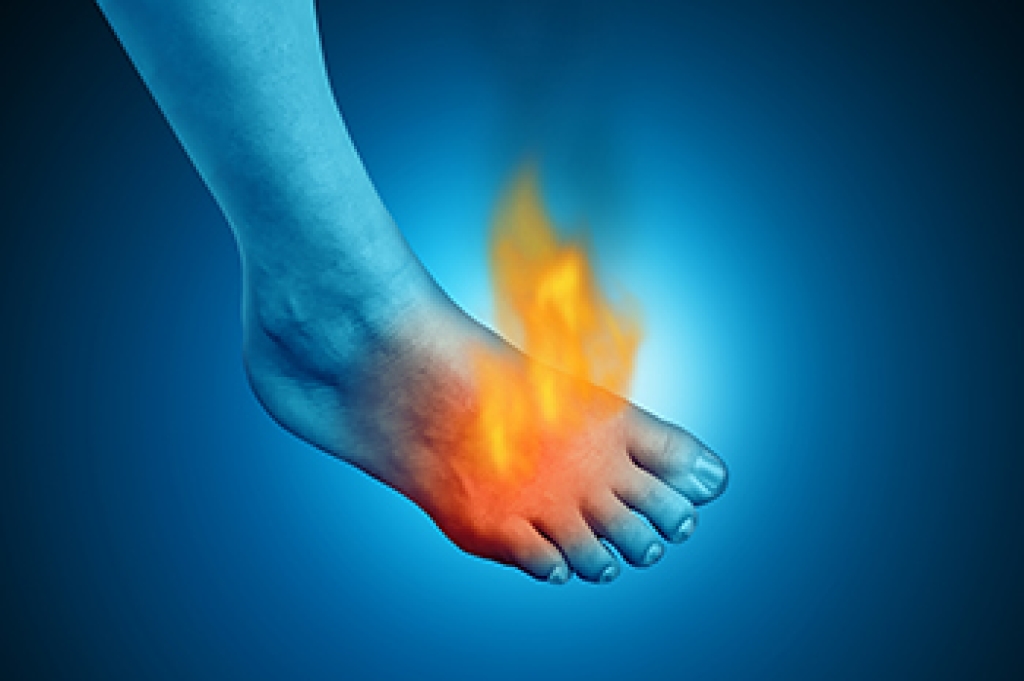Spring Into Foot Comfort

In spring, many people return to outdoor activities, such as walking, hiking, and gardening. Preparing your feet for the seasonal transition is essential to avoid discomfort or injury. Begin by gently stretching the feet, ankles, and calves to improve flexibility and circulation. These simple movements can ease stiffness from winter inactivity and help prevent strains. Equally important is choosing the proper footwear. Select shoes that offer support, cushioning, and a good fit to protect the feet from uneven surfaces and repetitive stress. Footwear that lacks support can lead to common problems, such as plantar fasciitis or tendonitis. If you have foot pain, it is suggested that you consult a chiropodist who can treat various foot conditions, and guide you on how to protect the feet during the changing seasons.
Springtime is the season that many people use to get back into exercising and sports. It’s also a time when foot and ankle injuries may be more common. If you have a foot or ankle injury, please consult with one of the chiropodists from The Footcare Centre. Our chiropodists can help you maintain the health of your lower limbs and your mobility.
Common Foot and Ankle Problems in Spring
- Plantar fasciitis
- Achilles tendonitis
- Shin splints
- Strains
- Sprains
- Fractures
- And more
Avoiding Injury
- Increase physical activity slowly and gradually
- Wear comfortable, well-fitted shoes and socks
- Take time to rest following a workout
- Recognize and treat any injuries promptly
Treatment at Home
- Rest the injured foot
- Apply ice to reduce swelling
- Compress the injured foot with a bandage
- Elevate the foot to prevent swelling
Serious, chronic, or particularly painful injuries require medical care by a professional. If you have any questions please feel free to contact our office located in Niagara Falls, ON .
Diabetic Feet and Simple Daily Habits for Lasting Health

Proper foot care is essential for individuals living with diabetes. It is important to take time each day to carefully inspect your feet for any sores, blisters, redness, or swelling. Catching small problems early can prevent serious complications. Other measures include washing your feet every day with warm water and mild soap, gently drying them afterward, especially between the toes. Choosing shoes that fit well and offer good support helps avoid rubbing or pressure that can lead to ulcers. Toenails should be trimmed straight across and kept short to reduce the risk of ingrown nails. Walking barefoot can lead to injury, so it is a good idea to wear protective footwear, even at home. If you have diabetes, and especially if you have any complications, it is suggested that you schedule an appointment with a chiropodist who can provide treatment and help you to manage this serious condition.
Diabetes can cause serious problems in the lower limbs if proper preventive measures are not taken and diabetic wound care is not performed. If you would like to learn more about caring for diabetic feet, please consult with one of the chiropodists from The Footcare Centre. Our chiropodists can help you maintain the health of your lower limbs and your mobility.
Diabetes can lead to a host of foot and ankle complications, including:
- Poor circulation
- Peripheral neuropathy
- Diabetic foot wounds and ulcers
- Infection
- Corns and calluses
- Dry, cracked skin
- Nail disorders
- Hammertoes
- Bunions
- Charcot foot
If you have diabetes, you must be vigilant of any changes in your foot health. This is best done through daily foot inspections. Using a mirror to help you if necessary, look for any:
- Cuts, scrapes, sores, or wounds
- Bruising or discoloration
- Swelling
- Rash
- Foul odor
- Nail changes
- Hair loss
- Warmth and inflammation
- Deformities
- Lower limb pain
- Strange sensations (numbness, tingling, burning, pins, and needles)
If you have any questions please feel free to contact our office located in Niagara Falls, ON .
What Burning Feet May Be Telling You

A burning feeling in the feet can be more than just uncomfortable. It may be a sign of an underlying issue. This sensation often starts in the soles or toes, and may come with tingling, numbness or sharp pain. One common cause is a type of nerve damage, known as peripheral neuropathy, which is often linked to diabetes. Other possible causes include vitamin deficiencies, alcohol use, poor circulation, or wearing tight shoes. The feeling may worsen at night or after long periods of standing. Treating the cause is key to finding relief. Depending on the reason, treatment may involve lifestyle changes, medication, or better foot support. If your feet often feel hot, numb or painful without clear cause, it is suggested you see a chiropodist for diagnosis and appropriate treatment.
Foot pain is a common problem treated by chiropodists. If you have foot pain, please consult with one of the chiropodists from The Footcare Centre. Our chiropodists can help you maintain the health of your lower limbs and your mobility.
When you are experiencing foot pain, it’s important to note the type of pain and its location, as this can help determine a diagnosis.
Pain in the top of the foot may be caused by:
- Stress fractures
- Sinus tarsi syndrome
- Extensor tendonitis
- Tibialis anterior tendonitis
- Gout
- Athlete’s foot
- Ganglion cysts
Pain in the bottom of the foot may be caused by:
- Plantar fasciitis
- Foot cramps
- Tarsal tunnel syndrome
- Plantar fibromatosis
- Posterior tibial tendonitis
- Stress fractures
- Flat feet
Pain on the side of the foot may be caused by:
- Ankle sprain
- Cuboid syndrome
- Peroneal tendonitis
- Stress fractures
- Bunions
- Corns or calluses
- Posterior tibial tendonitis
Heel pain may be caused by:
- Plantar fasciitis
- Achilles tendonitis
- Bone spurs
- Heel fractures
- Retrocalcaneal bursitis
- Sever’s disease
Pain in the toes may be caused by:
- Gout
- Hammertoe
- Turf toe
- Bunions
- Ingrown toenails
- Blisters
- Arthritis
These and many more conditions can be treated by a chiropodist. If you have any questions please feel free to contact our office located in Niagara Falls, ON .


